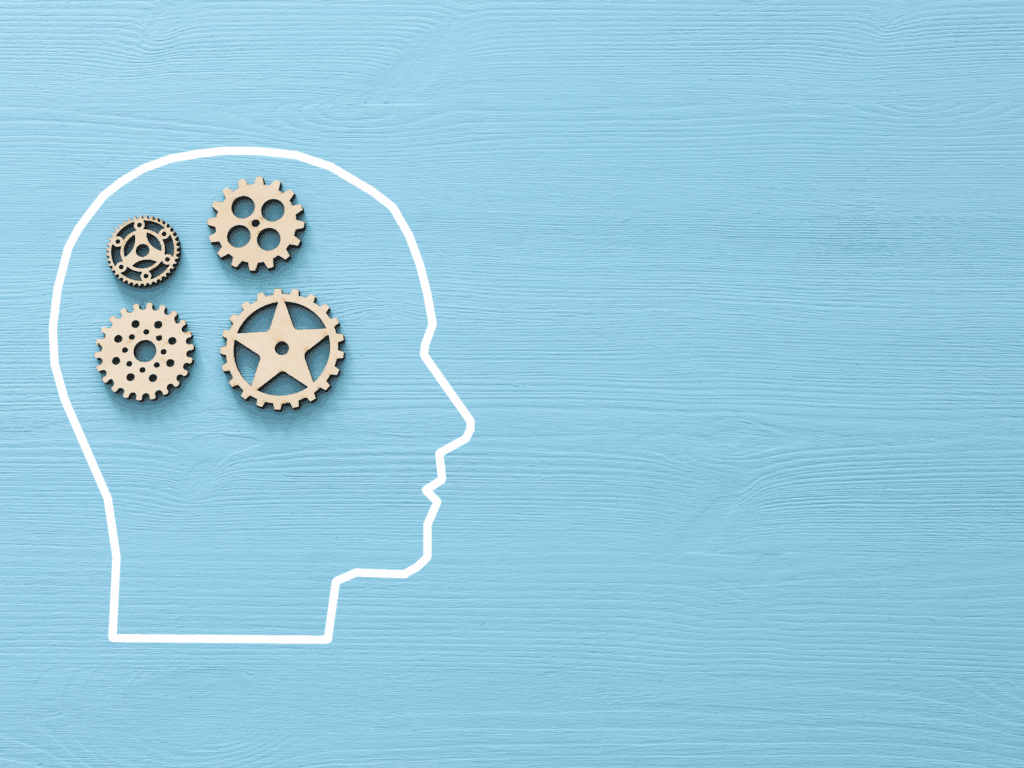For many years, professionals in the fields of mental healthcare and addiction treatment have seen the connection between Attention Deficit Hyperactivity Disorder (ADHD) and substance abuse. They have treated individuals who are attempting to deal with this co-occurring disorder, and have been successful in many cases. However, there have really only been theories as to why substance abuse and ADHD coincide so frequently – until now.
A new study conducted at the Karolinska Institutet in Stockholm, Sweden uncovered that first-degree relatives of those with ADHD have a much higher likelihood of developing a substance abuse problem within their lifetime.
The study was performed by collecting data of over 62,000 individuals with ADHD and their relatives. They were compared to other individuals who were not affected with ADHD to determine results. What the Karolinska Institutet found showed that there is a major genetic link between ADHD and substance abuse – one that we should be paying more attention to.
People who have ADHD often have a much more challenging time in social settings, in the workplace, and with relationships. Some other symptoms of ADHD can include:
- Inattention and distractibility
- Problems completing tasks
- Procrastination
- Disorganization and forgetfulness
- Not listening to others
- Frequent squirming
- Excessive energy
- “Diarrhea of the mouth”
For years, researchers, clinicians and other medical professionals have thought that the connection between ADHD and substance abuse could be caused by a number of things.
The symptoms listed above are only some of the most common symptoms associated with ADHD. If this disorder is left untreated, these symptoms (plus more) can flare up to a point where an individual’s life is often negatively affected. Therefore, he or she is more likely than someone without ADHD to turn to the use of drugs and/or alcohol as a means of coping with the issues stemming from their disorder.
On the other hand, ADHD individuals often use drugs and/or alcohol to better control some of the uncontrollable effects of ADHD, such as distractibility, anxiety, procrastination and more. This is better known as “self-medication”, and is very common. In fact, it has been widely reported that 30% of those with ADHD will also struggle with a substance abuse problem within their lifetime.
Now that we have developed a better understanding behind what is causing the connection between ADHD and substance abuse, we can work to prevent these issues from occurring in our loved ones and ourselves. Some of the most effective preventative methods can include education, learning how to say “no” to drug and alcohol abuse, and getting treatment for ADHD before the symptoms become uncontrollable.
ADHD is one of the most highly treatable disorders in the world. If you or someone you love is struggling with this disorder, reach out for help today.
Author
-

President, CEO & Founder at Northbound Treatment Network
Paul Alexander is the CEO, President & Founder of Northbound Treatment Network in Newport Beach, California. He believes wholeheartedly in transformational leadership, organizational health and effective, fully integrated substance use disorder and mental health treatment. With over 27 years of experience in behavioral healthcare, Paul has extensive knowledge of “in vivo” treatment modalities, clinical development, operations, strategy, marketing and financial planning. He has been widely recognized for his development of collegiate-based residential treatment programs for students in recovery and authored a research study at The University of California confirming this modality’s effectiveness.
Paul’s comprehensive professional experience, willingness to innovate, and emphasis on organizational health are vital factors in Northbound’s continued success. Paul received his Certified Addiction Treatment Specialist training at Saddleback College in Mission Viejo, CA, and was awarded Outstanding Alumni Service Award in 2002. Paul holds a Bachelor of Arts degree in Criminology, Law and Society, Summa Cum Laude, from University of California, Irvine, and a Juris Doctorate degree from Loyola Law School of Los Angeles. Paul currently serves on The National Association of Addiction Treatment Providers (NAATP) board. In addition, he serves on The Family Recovery Foundation board and The CarePossible board in Orange County; both organizations are committed to raising funds for family recovery and treatment for former military personnel. Paul is in recovery himself and lives in Orange County with his wife Silvana and his two young sons, Noah and Dean.







